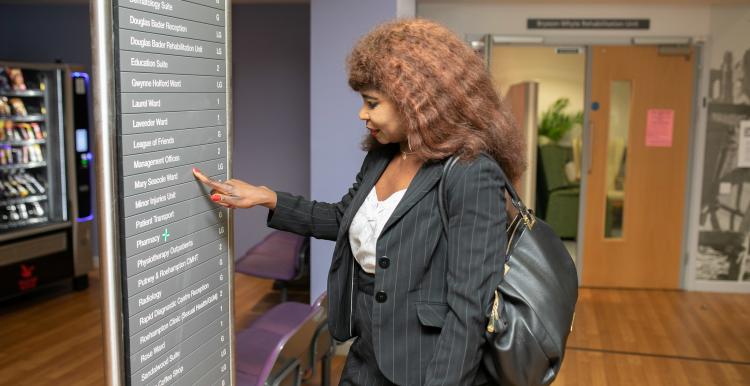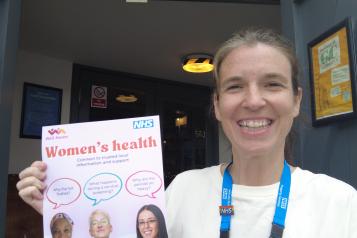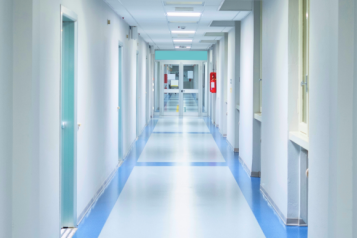£3.9 million boost for mental health services

Bristol, North Somerset and South Gloucestershire (BNSSG) CCG recently approved specific areas of investment.
As a result, the investment in mental health services is increasing in line with the increase in the overall CCG financial allocation, on activities that are set out in the Mental Health Investment Standard.
Dr David Soodeen, mental health clinical lead at BNSSG said
“Improving our local mental health services is a priority for us. We know that improving our population’s mental health is both a challenge and an opportunity for the CCG and that by working in a more holistic, integrated way, we can improve access and address some of the current barriers between services.
“In order to do this, we need to make appropriate investment across the range of services, for all ages and ensure that people’s mental health needs are met alongside their physical health needs.”
Avon and Wiltshire Mental Health Trust, the main provider of mental health and learning disabilities services in the area, has received a £1.3m funding boost.
This is to help meet the increasing demand for mental health services and to ensure that people continue to get the right support at the right time.
Mental health services for children and adolescents will receive extra funding to deliver a fully integrated crisis service across the area, introduce electronic patient records and boost support for eating disorder services.
There will also be funding to support student health services in the form of specialist mental health staff working with GP practices. This is an expansion of a pilot scheme currently running in three practices in East Bristol.
A ‘Safe Haven’ café will be set up in Weston-super-Mare as part of the Healthy Weston programme and will be a supportive place for people who may be suffering a mental health crisis to attend and receive formal or informal support.
The exact model for the café is in the development stage and will be progressed in collaboration with service users.
Significant investment is planned in 24/7 psychiatric liaison service to support people with mental health problems who also attend A&E or use other urgent care services.
People interested in being involved in this particular service can find a range of vacancies on our website


